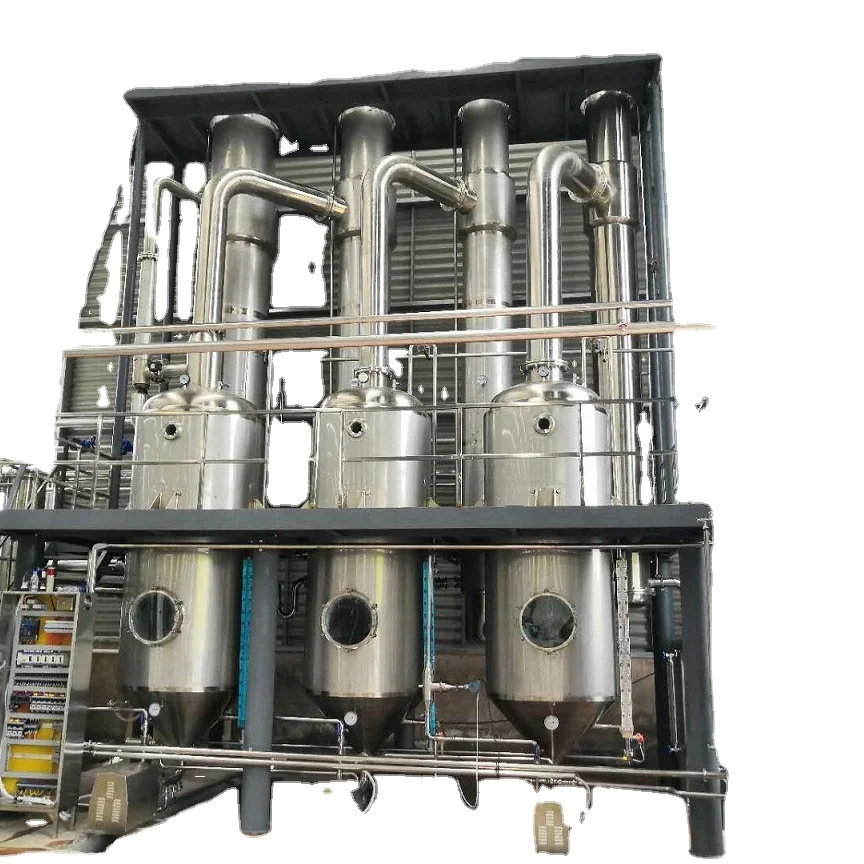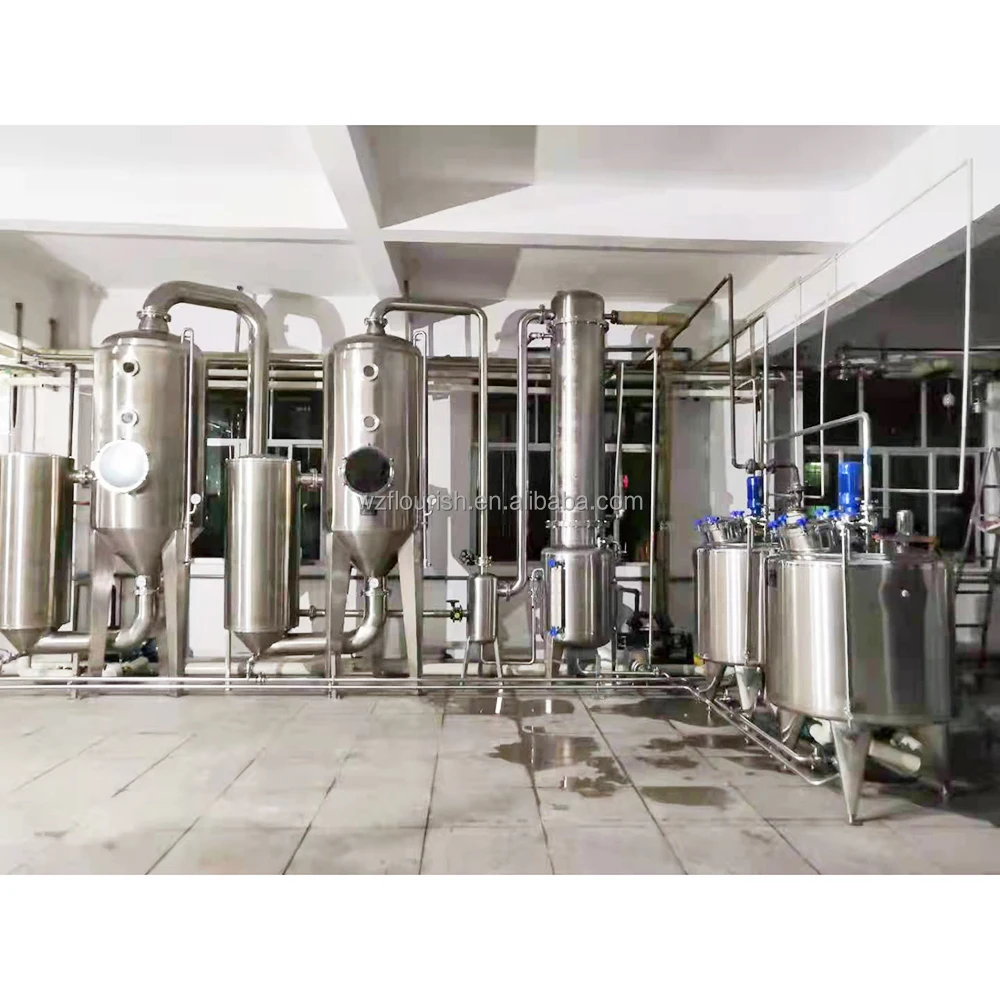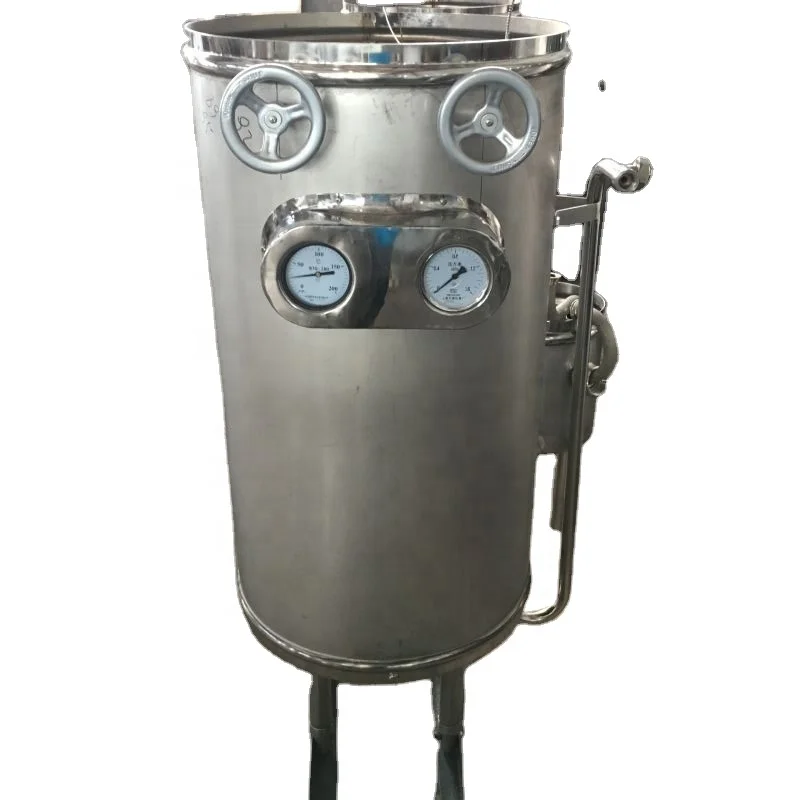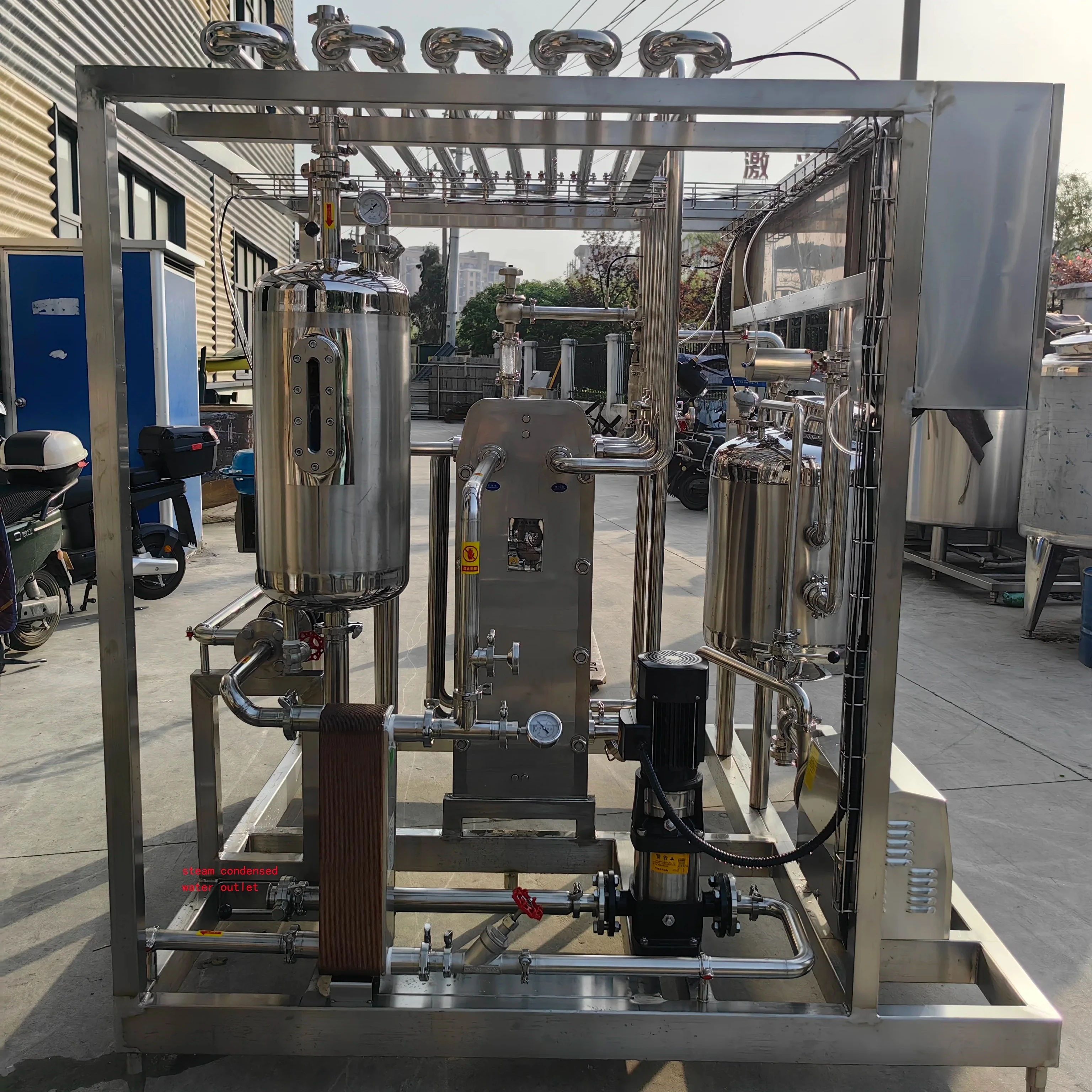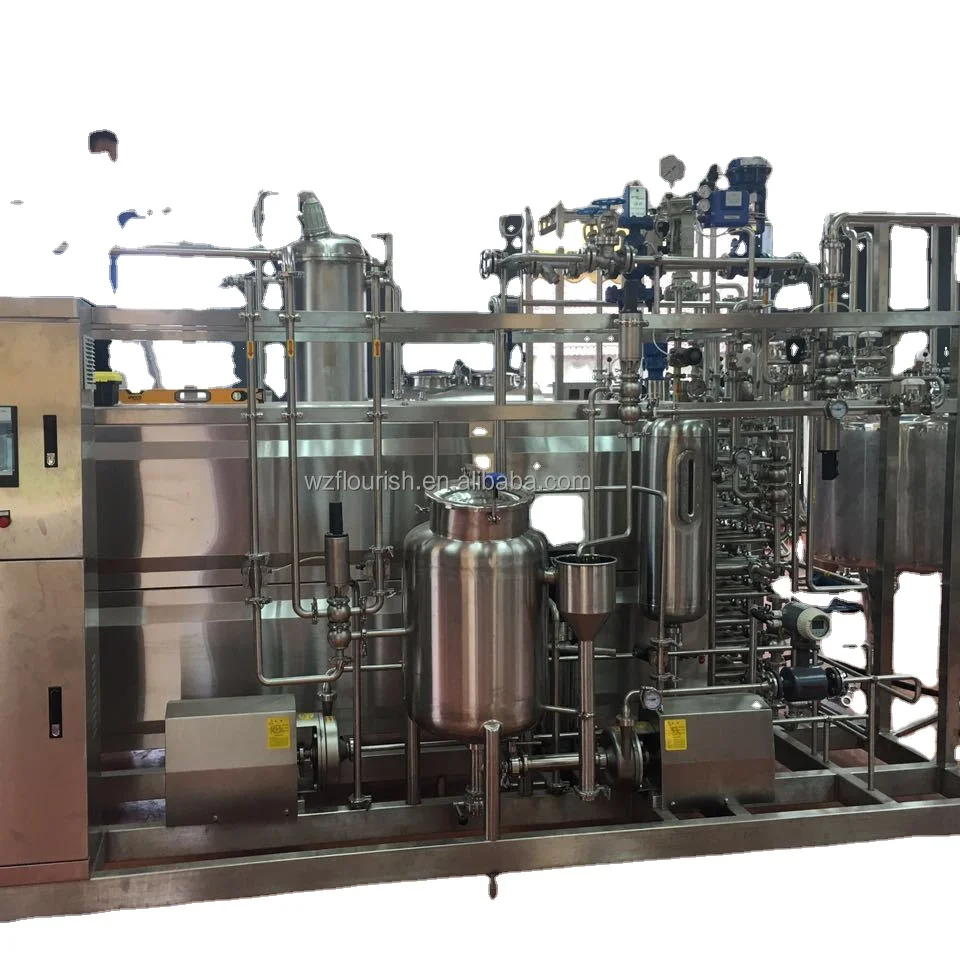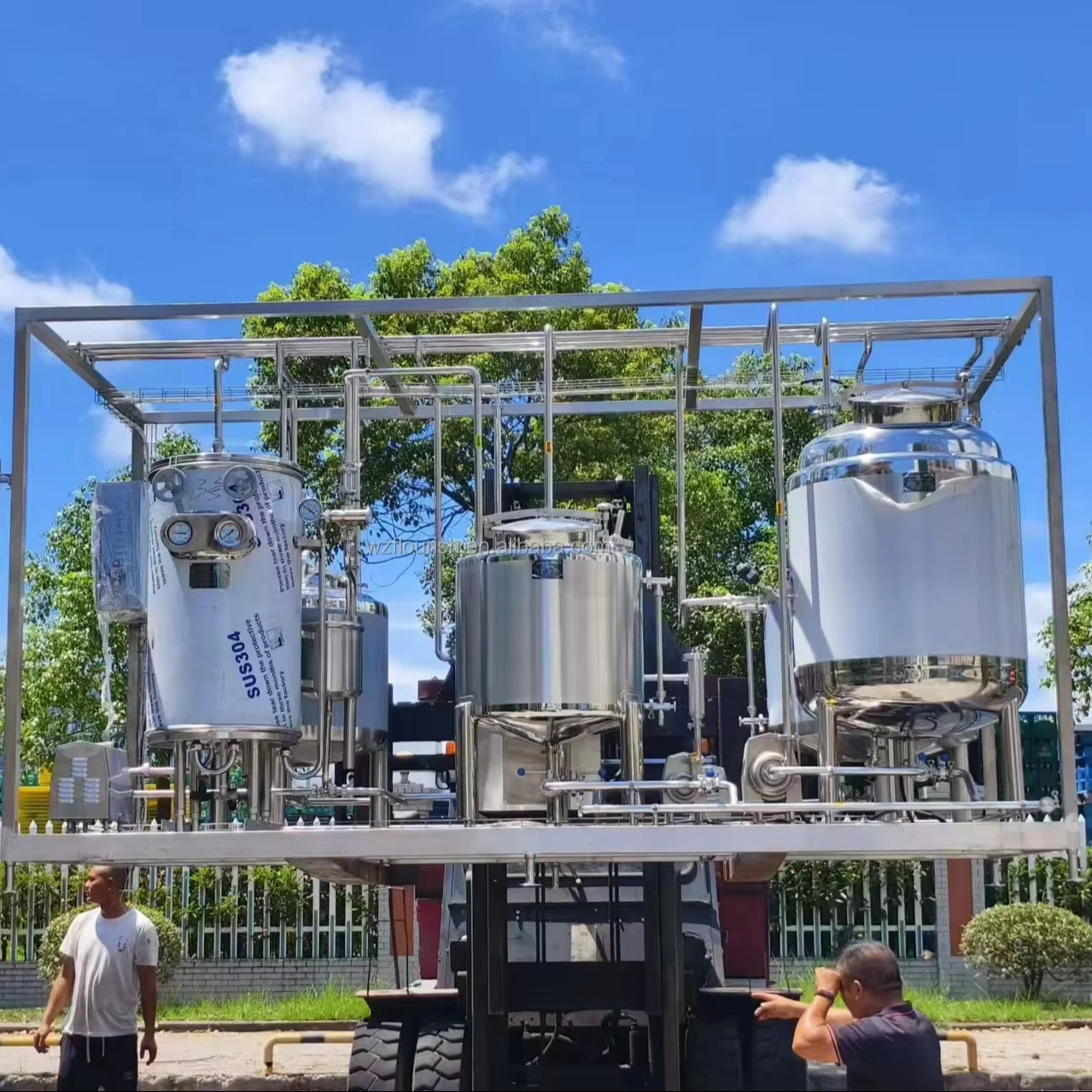ABOUT
Wenzhou Vince Machinery Science Co., Ltd. was established in early 1980s. Our company covers an area of 6500 square meters and is an independent legal representative firm, possessing rich economic technology strength. Our company is a high tech enterprise and plays an important role in national dairy, foodstuff, pharmacy and machinery industries. We are a beverage machinery supplier.
Since the establishment, our company has mainly engaged in dairy products, foodstuff, beverage machinery, bean products, yellow wine, medicines and fermentation projects. What's more, our company supplies a complete sequence services in manufacturing, installation, test and personnel train, as well as the whole direction service design and consulting service on product project construction or enlargement artistic distribution engineering sets budget.
PRODUCTS
Exploring the Role of Automation in Beverage Production
The beverage industry, a global powerhouse fueled by insatiable demand for refreshing drinks, is undergoing a dramatic transformation driven by automation. This shift is not just about replacing human workers; it's about revolutionizing production processes, enhancing efficiency, and ultimately delivering superior quality and consistency to consumers. This exploration delves into the multifaceted role automation plays in modern beverage production, examining its impact on various aspects of the industry.
Enhanced Efficiency and Productivity
Automation's primary contribution to the beverage industry lies in its ability to enhance efficiency and productivity. Robotic arms and automated systems can perform tasks with unparalleled precision and speed, reducing human error and increasing output. For instance, in bottling lines, automated systems can handle tasks like filling, capping, and labeling at significantly faster rates than manual processes. This increased output translates into higher production volume, meeting the ever-growing demand for beverages.
Furthermore, automation minimizes downtime and reduces the risk of production delays. Automated systems can operate continuously, reducing the need for breaks and minimizing disruptions caused by human fatigue or errors. This uninterrupted workflow ensures a steady supply of beverages, meeting market demands consistently.
Improved Product Quality and Consistency
Consumers demand consistent quality in their beverages. Automation plays a critical role in achieving this. Automated systems are designed to operate with precision and accuracy, ensuring that each bottle or can receives the same amount of liquid, flavoring, and packaging. This eliminates variations caused by human factors, resulting in a consistently high-quality product. For example, in brewing, automated systems can control fermentation temperatures and pressures with precision, yielding consistent flavors and aroma profiles.
Moreover, automation facilitates quality control measures. Sensors and cameras integrated into automated systems can monitor critical parameters like liquid levels, fill weights, and label placement, instantly detecting and correcting any deviations from set standards. This real-time monitoring ensures that only products meeting the highest quality standards are released into the market.
Cost Reduction and Optimization
Automation contributes significantly to cost reduction in beverage production. By replacing manual labor with machines, companies can lower labor costs and minimize the risk of human errors that can result in wasted materials and rework. The reduction in waste and rework further contributes to cost savings. For instance, automated systems can optimize ingredient usage, ensuring that only the required amount of raw materials is used, eliminating unnecessary waste.
Furthermore, automation allows for process optimization. By analyzing real-time data generated by automated systems, companies can identify bottlenecks and inefficiencies in their production processes. This data-driven approach enables them to make informed decisions and adjust processes to maximize efficiency and minimize costs.
Flexibility and Adaptability
Automation offers flexibility and adaptability to beverage producers. Automated systems can be easily reconfigured to accommodate changes in production requirements, such as introducing new product lines, altering packaging sizes, or adjusting production volumes. This flexibility is crucial in a dynamic market where consumer preferences and trends are constantly evolving.
Furthermore, automation enables manufacturers to quickly adapt to changing market conditions. By using programmable logic controllers (PLCs) and software, they can easily modify production parameters to meet new demands or adjust to unexpected disruptions in supply chains. This adaptability is essential for maintaining competitiveness and staying ahead of the curve.
The Future of Automation in Beverage Production
As technology continues to advance, the role of automation in beverage production is poised to grow even more prominent. Artificial intelligence (AI) and machine learning (ML) are already being integrated into automated systems, enabling them to learn and adapt over time, further enhancing efficiency and quality control. The future holds the promise of fully autonomous production lines, driven by AI and robotics, capable of operating with minimal human intervention.
Moreover, automation is facilitating innovation in the beverage industry. Advancements in robotics and 3D printing are opening up new possibilities for customized and personalized beverages. Consumers will soon have access to tailor-made drinks that meet their specific tastes and dietary requirements, thanks to the flexibility and precision offered by automation.
In conclusion, automation is transforming the beverage industry, ushering in an era of enhanced efficiency, quality, and flexibility. From increased productivity and cost reduction to improved product consistency and adaptability, automation is playing a pivotal role in shaping the future of the beverage sector. As technology continues to evolve, the role of automation will only become more significant, driving innovation and delivering a superior experience for consumers.
SUBSCRIBE
INQUIRY

